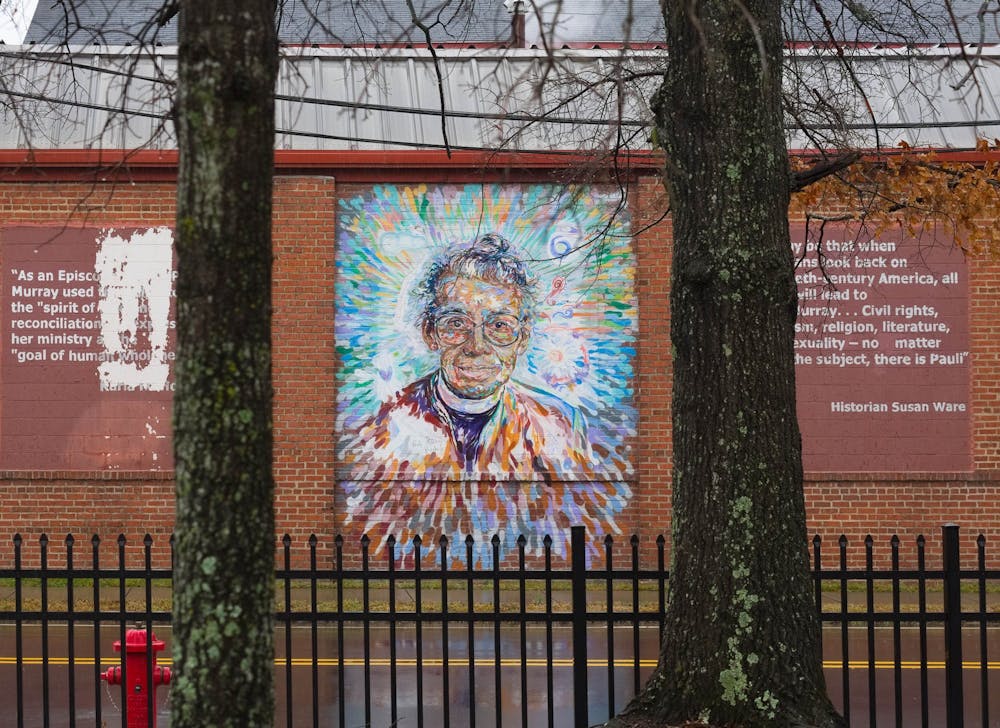Durham native Pauli Murray fought for the equality of all people during the Civil Rights Movement and throughout the 20th century. Now, a new WUNC podcast is shining light on her legacy.
The podcast, called "Pauli," centers around Murray, who was a Black, queer, Southern woman. She used her experiences with racism and sexism to fight back against these issues of discrimination, the combination of which she named "Jane Crow".
William Sturkey, an associate professor at UNC who specializes in the history of race in the American South, said in the pursuit of justice, Murray pioneered for the desegregation of UNC. Additionally, she participated in the bus boycotts and worked as a civil rights attorney.
Inspired by Murray's civil rights efforts, podcast editor Lindsay Foster Thomas said the WUNC staff wanted to honor her legacy. Thomas said that although Murray is well-known in her hometown of Durham, she is not often recognized around the country.
"She’s an American hero who should serve as an inspiration to people the world over," she said.
Thomas said the podcast is WUNC's first deep dive into a historical figure, and it increases the diversity of its programs.
Murray is set apart from other activists by her focus on the legality of civil rights issues. The second episode of the podcast – “Laying Down The Law” – emphasizes this legal legacy.
The podcast discusses Murray’s 700-page document, titled "States’ Laws on Race and Color", which was more widely known as “the bible of civil rights law". Murray's ideas focused on the 14th amendment clause “separate but equal,” arguing that segregation violated this law.
Though perceived as radical at the time, Murray’s thoughts were later echoed by Supreme Court Justice Thurgood Marshall, according to the podcast. He used Murray’s arguments during the Brown vs. Board of Education case, which ultimately declared the unconstitutionality of segregation in public schools.




